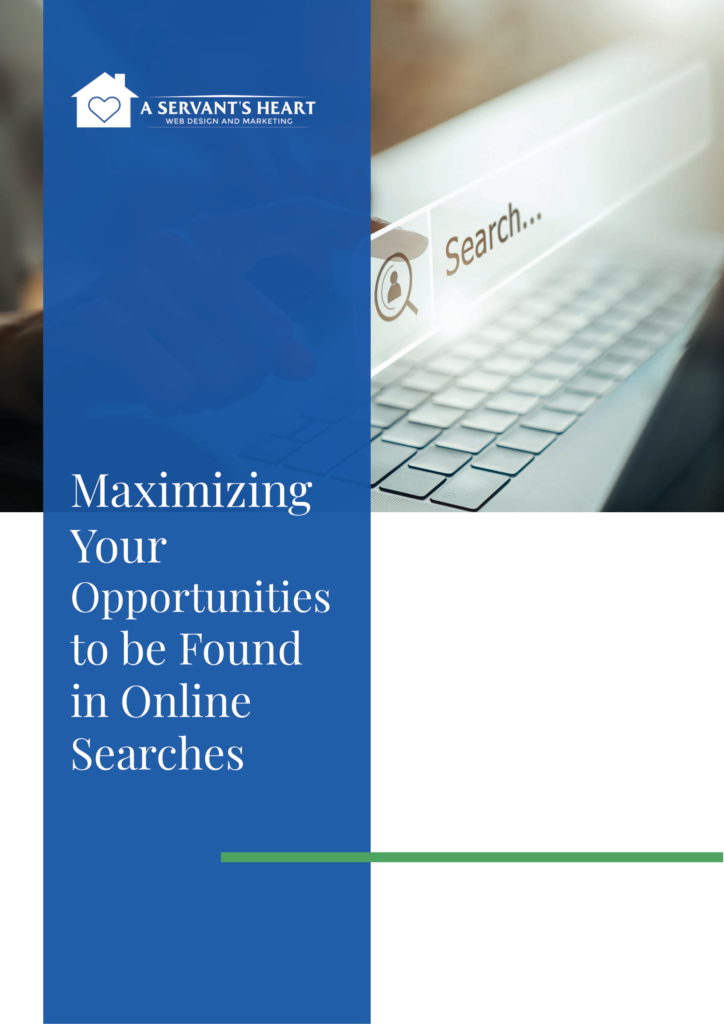
If you own your own business but work out of your home, or you have an office but it’s not located in a city in which you want to rank, you may think you’re out of luck in terms of maximizing your ranking potential. However, there are indeed ways you can rank outside your physical location, particularly when it comes to Google My Business listings. This has become a concern for many business owners because it seems Google is reluctant to show businesses that are not physically located in the searched city. Their guidelines outline rules when it comes to the penalties associated with fake addresses like P.O. boxes. Seems they have been burned before, which is why they are skittish.
However, this shouldn’t ruin it for everyone, should it?
Google does allow businesses that have service areas to designate a service area in the Google+ Local/Places Dashboard. In other words, if they operate in a particular service are but not necessarily one single location, they should not create individual listings for every city in which they operate. Rather, they should create one listing for the central office and list their other service areas. It’s a small concession but one that works in some cases. In others, it can be detrimental to set just one service area within a competitive industry.
Luckily, there are some ways to achieve your goals without upsetting Google.
Go Organic With SEO
It’s been said that the path of least resistance is the best, and this remains true even with SEO. Yes, Google has been prioritizing Places Pages in the SERPs, but it does surround those results with organic listings it feels are particularly relevant. The big guys like Yelp and other local directories embrace this and do well with it. Why can’t your small business achieve the same?
Simply create a page on your site targeting the query city, link to it from other pages on your site, beef up the authority of your site with quality external links, and you may find yourself popping up on page one for those queries, says Search Engine Land. Page one holds more value than you may realize. According to Search Engine Journal, the average traffic share generated by the sites listed on the first Google search results page is 92 percent.
Obtain a Real Address
This is an obvious solution but one that can be expensive and inconvenient, certainly something that might not fit into your budget or your business plan at this point in time. However, if there’s enough business in a city to justify this move and you’re in a position to do so, why not just take the plunge? Then you can legitimately create a listing in that city, no problem. Just think: the lifetime value of a customer or client is much greater than the expense a new office will pose to you. Take your time to find cheap office space so you don’t break the bank.
Obtain a Virtual Address
You may have heard that Google doesn’t like virtual office spaces and will do what they can to de-list or suspend you. Sometimes this is true, sometimes it’s not. Google is fickle. That being said, you can use virtual addresses to your advantage. Using a virtual address has been proven to rank companies like yours well in competitive markets. However, it’s best if you actually use those virtual spaces to talk with clients, confer with higher-ups, hold consultations with family members, etc. You should also include the hours during which you are available virtually to add legitimacy.
It also doesn’t hurt to know how to answer questions when you’re put in the hot seat by a curious Google Places rep who wants to confirm you really do use that location. It happens, so have your answers ready. Bottom line is that virtual office space is a legitimate business practice, but it’s difficult to determine which businesses are using the space for real purposes as opposed to those who are just faking to maximize results.
Go Outside Your Circle
When setting your service area in the Google Places Dashboard, you can choose “Distance from one location,” which puts your service area inside a circle alongside a radius from your location OR you can submit a list of areas served. Most businesses use the circle radius but there is a distinct advantage to offering a list of zip codes instead. By only specifying a circle, you are restricting yourself to the locations only within that circle. With zip code listings, you may be able to better rank for queries.
Contact A Servant’s Heart Web Design and Marketing
Are you looking to expand your reach and rank for cities other than the one in which you strictly operate? We can help. Request a free website SEO consultation with us when you call (760) 227-2720.


